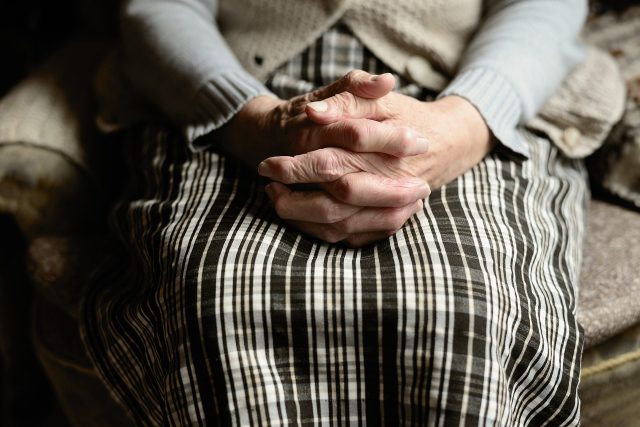
The opening of the second edition of the European Congress on Family, in the context of the ECR Party Culture Weekend to be held in Dubrovnik, Croatia, from October 18 to 20 of this year, will be entrusted to a very interesting panel with a view on the future of the family in relation to European values and territory. The title of the meeting, absolutely central to the debate that will take place within the congress, is “Generations in Balance: effects of ageing demographic trends on the European economy”.
AN AGEING POPULATION
Of course, the effects that an ageing population has on the economy, especially in view of the data that speak of an increasingly ageing European Union, cannot be underestimated when planning the economic and social development of the Member states, especially in relation to the challenges that the international landscape poses on the chessboard for the coming decades. According to the data provided by Eurostat on January 1st 2023, the population of the European Union was estimated at approximately 448.8 million individuals, of whom more than one fifth (approximately 21.3%) were aged 65 years or over. Children between the ages of 0 and 14 in 2023 accounted for 14.9 % of the population of the European Union, while persons of working age (between 15 and 64) were 63.8 % of European citizens. These data show that the average age of the Union’s population in the same period was over 44.5 years. It is again Eurostat’s data that provide a history of this situation, underlining how between 2013 and 2023 the average age increased in all Member states, with the only exceptions of Malta and Sweden – where it decreased (-0.4 and -0.1 years) – and Germany, where it remained substantially unchanged.
BIRTH RATE FIGURES IN EUROPE
Of course, in the face of an increasingly ageing population, the younger and more active strata are substantially decreasing, in addition to steadily declining births. In March 2023, in fact, the data provided by Eurostat on the birth rate in Europe are worrying when looking at the demographic, social and economic future of the Union. Referring to 2021, the European average stood at 1.53 births per woman, with a total of 4.09 million births in that year. This might seem to be an improvement in comparison to 2020, when only 4.07 million were born, but unfortunately, if one looks at the yearly series, the overall trend since 2008 is still downwards (considering that 4.68 million babies were born in that year). One of the examples we can look at is the Italian case, where the birth rate is now at an all-time low. We are talking about 1.25 births per woman, a figure that only surpasses Spain, which stands at 1.19, and Malta at 1.13. The first places in Eurostat’s analysis are instead for France, with 1.84 children born per woman, followed then by the Czech Republic (1.83), Romania (1.81) and Ireland (1.78).
WHAT ABOUT FAMILY?
It is precisely on the basis of these data on birth rate and average age of the European population that analyses must be carried out about families and the role they can play within the European economy. Declining birth rates lead, over the course of a few decades, to a normal decline in the available workforce, which immediately translates into lower income and thus a substantial decrease in welfare and pension funds. On the other hand, an increasingly older EU population reflects a greater need for care, both at family and health level, as well as a greater cost to the state coffers in terms of pensions. As life expectancy rises, these accounts increase dramatically, to the point where adjustments that might be unpopular become necessary. Of course, the solution to these phenomena does not lie in meddling in the lives of the elderly or in additional workers’ taxation, but in policies – also at the European level – that promote the birth rate, so as to bring more and more labour into the market and finally lower the average age of EU citizens. A position that will surely be easy to find also within the panel of the next ECR Party’s European Congress on Family in Dubrovnik.



 Subscribe
Subscribe